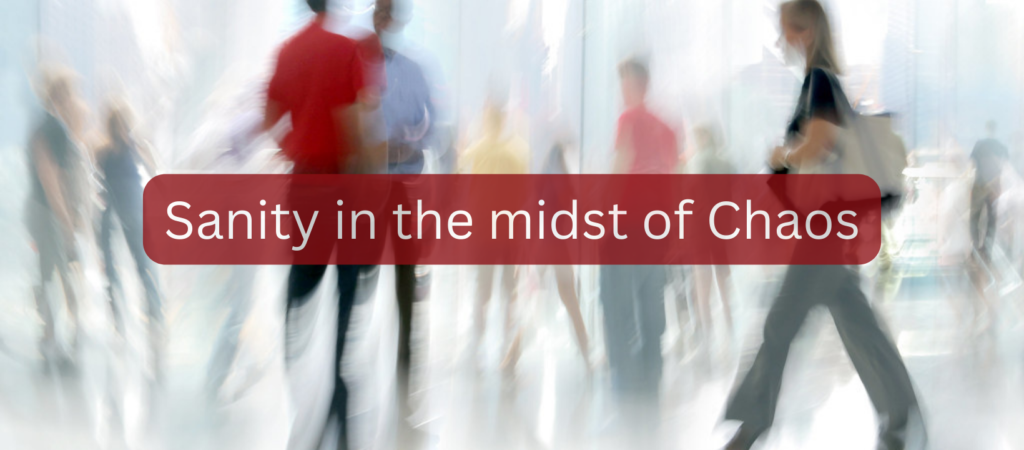
This post starts with an imaginary day.
Hopefully, it will end with you making some new decisions.
Imagine what the best day of your life would look like. Where would you be? What would you be doing? Who would be with you? What conditions would be part of your “best day ever” experience?
What a glorious day that would be for you!
Next, imagine this: Let’s say that the next day went exactly the same way. Every detail the same. Every feeling the same.
And then, the day after that is exactly the same. And the next day. And the one after that. On, and on, and on, this cloned “best day ever” keeps repeating.
How do you feel about this “best day” now?
That feeling creeping into your mind is called Habituation. As much as we enjoy something, the repetition of that enjoyment over and over causes our brain to change its initial reaction of enjoyment.
Several years ago, a group of researchers conducted a study involving macaroni and cheese. They recruited a large group of people who liked this side dish. They asked them if they would be willing to eat it more than once for a study. They would be fed Mac and cheese in various ways and at various times and their enjoyment factor would be measured using brain scan equipment.
They created three groups. Here are the results.
The first group formed the Control group. They were fed Mac and Cheese every Monday for 14 weeks. The group registered just as much enjoyment at eating it the last time as the first. So that is our baseline.
The second group ate Mac and Cheese every day for 14 straight days. The recipe changed each time. They had different types of cheeses, different spices and different optional ingredients (like broccoli, pine nuts, etc.). This group saw a drop in their enjoyment each day by about 5% per day. The last two days, their enjoyment dropped 10%.
The final group was fed Mac and Cheese for 14 straight days. The same recipe at dinner every night for two solid weeks.
By the end of their stint, only 15% of them said they liked Mac and Cheese any longer!
What caused the change? It is called Habituation. And there is some good brain science behind it.
The brain employs a process called “Allostasis”. This is where the brain seeks to predict how much energy and stress a certain thing will place upon it. The brain gets ready for this stress by anticipating it. The brain tries to prepare in advance for anything which will cause it to use energy.
We use a lot of energy for anything new we experience. If the brain cannot predict accurately what is going to happen, it is on high alert.
When the experience is something negative and unsafe, our protective mechanisms go into place. Our autonomic nervous system seeks to protect us through flight, flight, freeze, or fawn behaviors (The Big 4).
But if the experience is pleasurable, our brain activates the pleasure centers, the pleasure hormones, and the reinforcement hormones. In other words, our brain goes to great lengths to tell us “do more of this.”
But, we can become habituated to anything if after a period of time, the same thing keeps happening. Again, this is true equally about both pleasurable and painful experiences. Take pain as an example. The first time we experience a particular kind of pain, our body reacts fiercely. But if you repeat the same pain over and over, we do habituate to it somewhat.
With pleasure, it is also the same. The more frequently we do the same thing we enjoy, the less the brain signals the pleasure centers to note it.
This is why with experiences with food, exercise, sex, hobbies, etc. it is best to mix it up. Try something new. Space out more time between experiences. Mix in some elements you have never tried and that your brain didn’t expect. Deny yourself a pleasure for a time and then indulge.
And if you add learning to the process–such as learning to cook a new way, learning a new sex move, learning how to say something in a different language–the brain never habituates to it.
The brain never habituates to learning new things.
SCORE!
